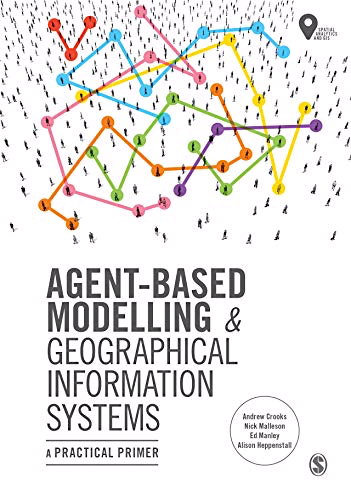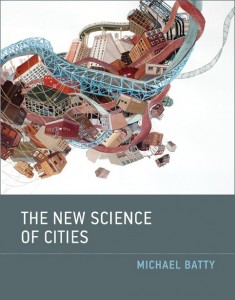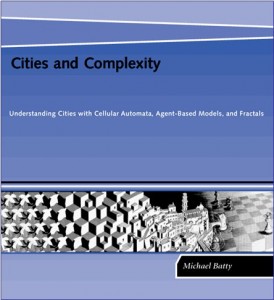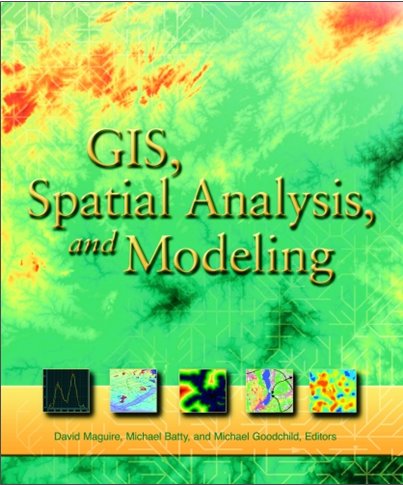What we can learn here from New York: an interesting report from Eddie Copeland at the Policy Exchange. Fascinating reading from the place where open data was invented, and where Urban Mechanics was begun. I quote from the blurb:
Today marks the launch of the first report from the Capital City Foundation, Policy Exchange’s London-focused unit. The report, Big Data in the Big Apple, says the next Mayor of London should appoint a Data Tsar to replicate New York’s success at using analytics to improve life for Londoners. Monitoring different data sets including the amount of rubbish collected, energy bills and even sewage levels could, for example, help local authorities identify and combat ‘beds in sheds’, the illegal use of buildings usually built without planning permission that cost the taxpayer millions and make life a misery for Londoners. The report calls for the appointment of a Data Tsar based in City Hall whose job would be to lead a team of analysts that collects and overlays different data sets held by each of London 33 boroughs as well as the Metropolitan Police and the London Fire Brigade.
The paper sets out a number of ways in which harnessing different data sets could lead to better outcomes for Londoners:
- Illegal housing. Overlaying data such as waste ‘output’ per person, incidents of fly tipping, energy consumption and the size and age of a property and its garden could help councils identify ‘beds in sheds’ and houses which have more people than officially registered.
- Boosting new business growth. Using data from mobile phone users to show how many people have walked down a particular street over a month could help business optimise their opening times. Likewise making available Companies House data showing business closure statistics can help inform entrepreneurs where they should locate their business.
- Food safety inspections. Overlaying where previous inspections have taken place with complaints received from the public as well as analysis of posts on Twitter or TripAdvisor could help build up a picture of which restaurants could pose more of a risk to the public.









